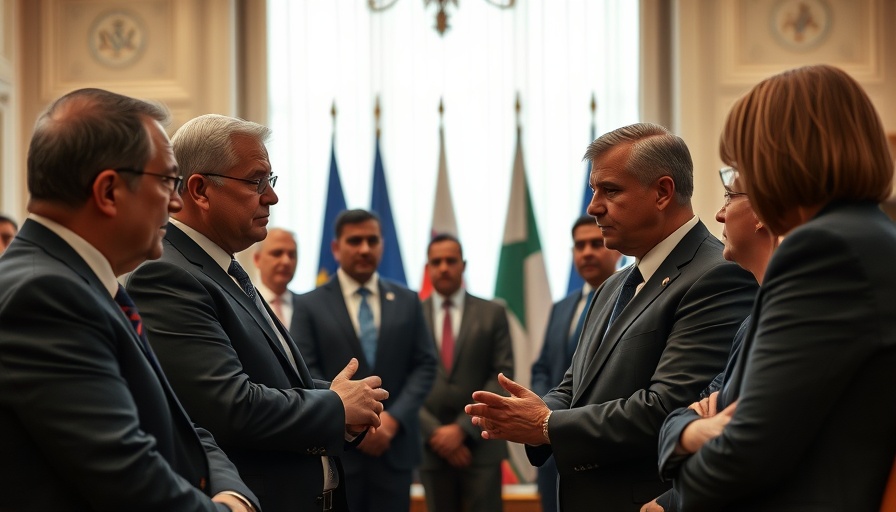
Understanding the Context: National Guard in New Orleans
The recent suggestion by President Donald Trump to potentially deploy the National Guard to New Orleans has sparked significant discussion across Louisiana. This contemplation arose while weighing options between sending troops to Chicago or New Orleans, with the president claiming that the state’s governor "would welcome us there." The comparison to similar military and federal law enforcement presence in Washington, D.C., raises important questions about local safety and community dynamics, especially among older residents.
The Local Impact: Perception of Safety in Louisiana
For many seniors in Louisiana, the prospect of federal troops patrolling the streets evokes memories of tumultuous times. Historically, such actions often reflect deeper underlying issues of trust in law enforcement and community safety. Many elderly individuals have voiced concerns about how this type of presence might impact the community dynamics. Would National Guard troops enhance perceptions of safety, or might they create an atmosphere of unease?
Past Experiences: Insights from D.C.
Examining the National Guard's role in Washington D.C. can provide enlightening insights for Louisiana residents. Since their increased presence in recent events, many have questioned whether the Guard alleviated issues of crime and disorder or exacerbated tensions. Locals remember the mixed results from the heightened militarization of law enforcement in their own communities, offering a cautious perspective as they consider similar strategies being mirrored in New Orleans.
Emotional Ramifications: What it Means for Older Adults
For many seniors, discussions around military presence can stir deep emotional responses. There is a yearning for safety and peace, yet also a fear of heavy-handed law enforcement. This duality can be particularly pronounced for those who have lived through significant societal changes, such as the Civil Rights Movement, which saw a stark division between community members and federal presence.
A Call for Community Voices: Engaging Nonprofits and Local Leaders
As the conversation evolves, it’s essential for seniors and community leaders to engage with local organizations that focus on civil rights and community welfare. Many nonprofits in Louisiana have been at the forefront of advocating for equitable solutions to enhance safety without resorting to militarization. Their insights and efforts can guide discussions on public safety that respect community needs and build trust rather than invoke fear.
Looking Ahead: Future Implications for Community Policing
The mere suggestion of deploying National Guard forces in New Orleans opens doors for broader discussions on community policing and safety reforms. Older adults, a demographic that greatly values stability and trust within their neighborhoods, would benefit from being included in discussions surrounding effective community oversight and the role of law enforcement, as well as understanding how local leaders can mobilize neighborhoods to respond positively.
Conclusion: The Importance of Considered Action
While the National Guard may offer a swift response to perceived threats, it is crucial for community members—especially older adults—to articulate their perspectives on safety and law enforcement. Engaging in community discussions and advocating for practices that emphasize understanding and compassionate policing can foster stronger community ties without the immediate reliance on military presence. To ensure that the voices of Louisiana’s older residents are heard in these vital discussions, consider joining town hall meetings or local forums centered on public safety and community trust.
 Add Row
Add Row  Add
Add 



Write A Comment